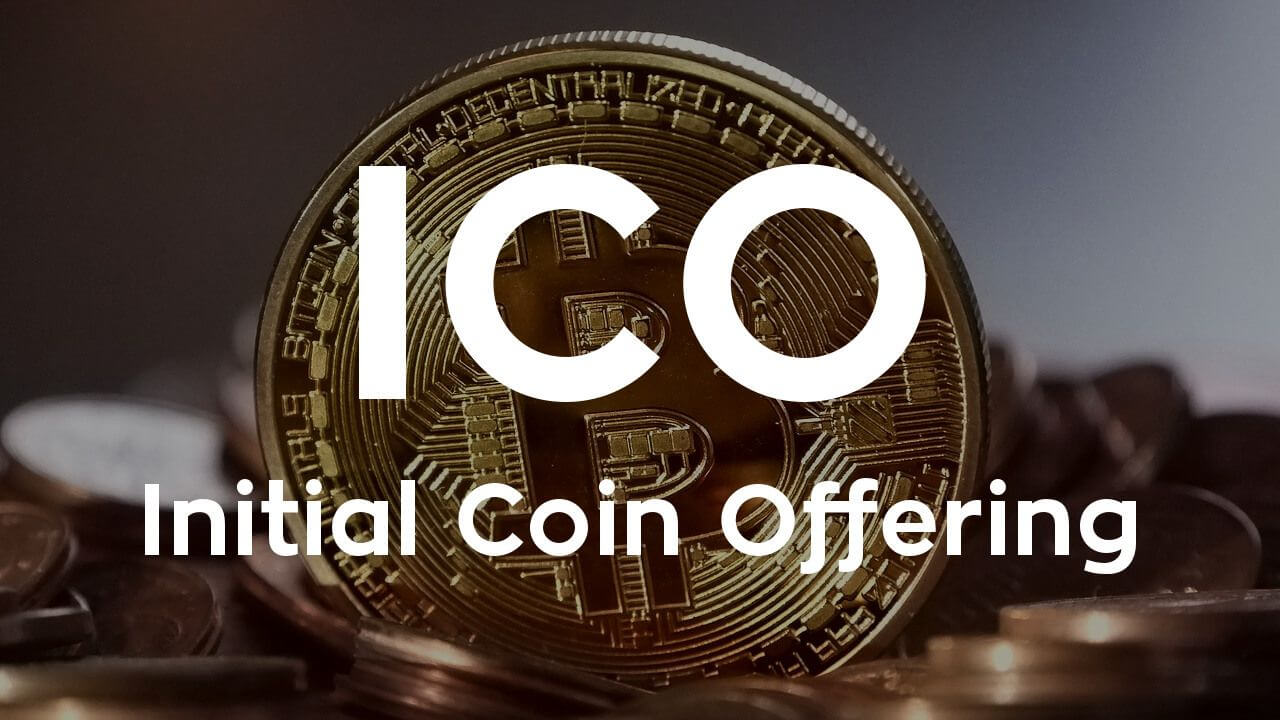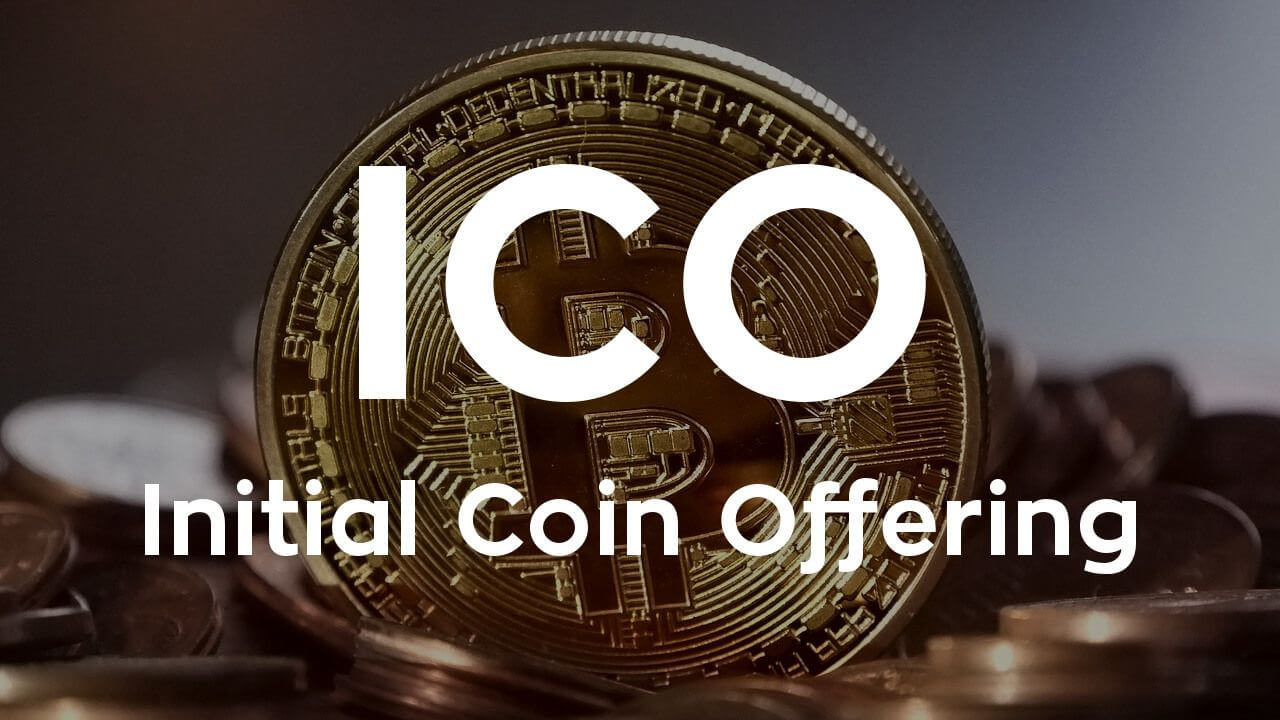
A silent revolution is sweeping the start up fundraising scene. Initial Public Offerings have for along time been one major way for companies to raise money either through issuing equities or debt.
But none of the models has experienced such a exponential growth as Initial Coin Offerings. As you can infer from the name, its rise is congruent with the explosion in cryptocurrencies.
What is an ICO?

Initial Coin Offerings or ICOs can be understood as IPOs absent the stringent regulations and the tedious paperwork that accompanies it. Of course there exists fundamental differences. IPOs are typically initiated by relatively well established companies with tangible products.
ICOs on the other hand are launched by fledgling companies with no tangible product or testing. They are more similar with venture capital but with the funding coming from small donations from a large pool of people instead of one or two firms.
ICOs Disrupting Traditional Start Up Funding Models
For perspective, technology companies raised a record $5b in 2017 alone through ICOs. This shot up from $295 million raised between 2014 and 2016, underlining how the trend is rapidly gaining traction. One company, Bancor raised $153 million, within three hours on June 2012 the highest by any company. But Filecoin, a data storage network broke the all-time record by raising $257 million in just under a month.
Clearly, ICO’s are disrupting traditional fundraising models. Ethereum, the blockchain network powering smart contracts raised $18 million over a period of just 42 days in 2013 with its initial coin offering, the most successful at the time. Since then, billions have been raised using the ethereum network and many more are launching every few days.

ICOs give an opportunity to investors to buy into a project during its infancy in exchange for tokens, the equivalent of shares in a company. These token can be used on the platform, traded or spent. Early backers of the venture are often given bonuses before the sale goes fully public – known as the crowdsale.
The tokens are basically digital currency units which will form a crucial part of the application being offered to the public. Early investors expect to reap benefits as these assets gain value over time.
Of course there is no guarantee that the prices will be go up.
The first batch of investors often get bonuses of say 10% of the tokens purchased before a certain milestone is reached. Early ethereum investors have for instance seen their investments soar 74,000% over a three year period.
Since then, ICO’s have become the model of choice for raising funds for mainly decentralised projects. These projects often add some functionality to the blockchain network beyond being just a cryptocurrency.
A lot of exciting concepts have since emerged but a good number of them seek to replicate the success of the ethereum ICO. Most of these tokens are created on the ethereum network because of the ERC-20 standards. These guidelines ensure smooth implementation in cryptocurrency wallets and exchanges.
Projects range from interesting applications in the health sector such as decentralised tamperproof health records to exciting concepts to ensure revenues are equitably distributed in the music industry.
Project are articulated in rather straightforward documents called whitepapers. These present clear problems and how the project seeks to solve them using the blockchain technology. The amount to be raised is stated in the whitepaper and funds are usually returned to the investors if this threshold is not reached within a certain specified time.
The system upon which ICOs is built is still shaky and will need refinement in the future. Its potential is however immense as can be seen in the massive figures that have so far been raised.
The enthusiasm around ICOs may be compared to the dot com boom in the early 2000s. A good part of it is obviously driven by wild speculation and expectations for instant riches.
ICOs are Unregulated
ICOs remain unregulated and therefore untouched by many governments. A few like South Korea have out rightly banned them. Of course it has also attracted the attention of fraudsters keen to make a kill from the trend. Due diligence is advised before you can purchase token. Several online forums discuss the merits of various ICOs. The ethereum subreddit is one place to gauge this.

One the flipside, the lack of regulation allows for more flexibility and gives room for brilliant ideas to come to life. By allowing more people to have a say, we are more likely to see more relevant products. By participating in ICOs, people are effectively voting on which products they would like.
The concept already has the makings of a big boom.
ICO’s for example raised a total of $800 million in the second quarter of 2017 compared to the $1 billion raised in seed funds over the same period. This is pretty close for an industry that is just starting off.
Lets look more closely at where these funds go.
About 35% are actually invested in building infrastructure, 12% going into trading and investements and about 7% going to storage. A new ecosystem is under development, a new type of internet if you would like.
Exciting ICO Projects
Some of the projects aim at enabling free access to the internet, harnessing the processing power of your computer in the process and letting you earn some tokens while at it. In effect, such projects aim to build a decentralised internet beyond the control of any party. At the same time they create value for everyone using the internet.
ICOs are already surpassing early stage venture funding going by the numbers. Steemit is one such start up with heavy promise. With the aim of creating meaningful content, this channel pays users depending on the number of upvotes their content gets.
ICOs are relatively new, their foundations shaky and very much open to abuse. Nevertheless, there is no doubt about their potential to turn around the way we create value, consume and make payments. Most importantly, ICOs are truly taking the power back to the people. Expect ICOs to continue hitting headlines in 2018 as institutional investors try to get a piece of the action.

